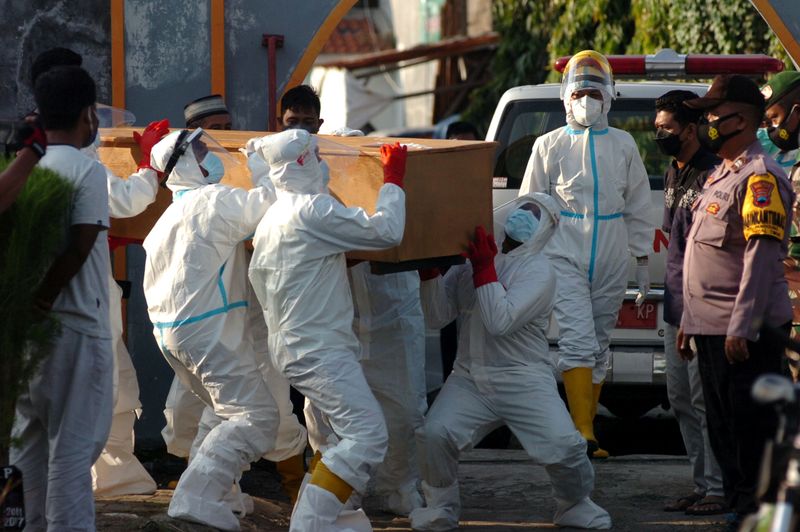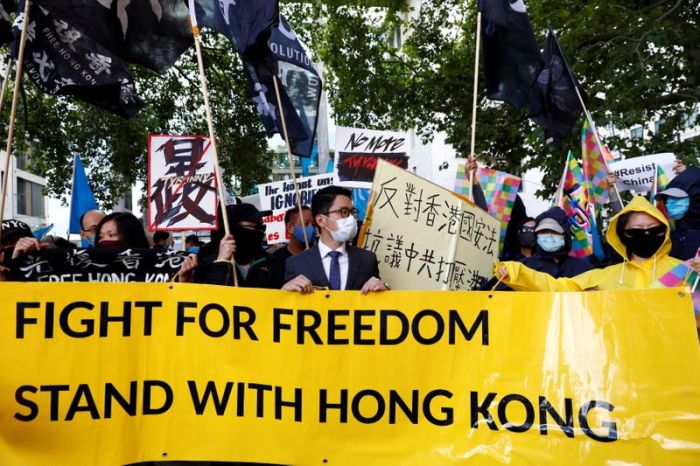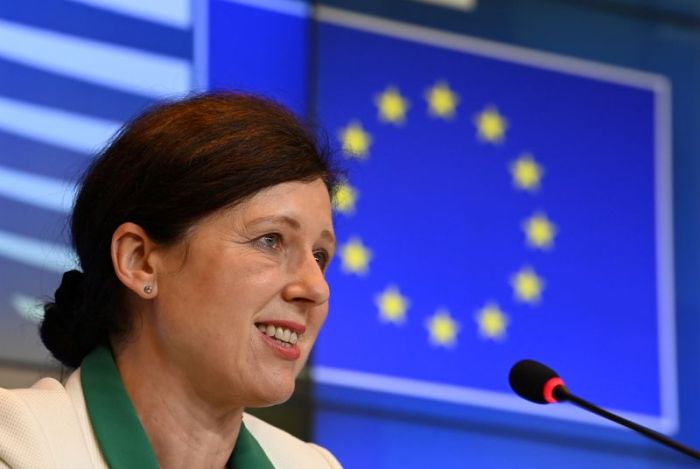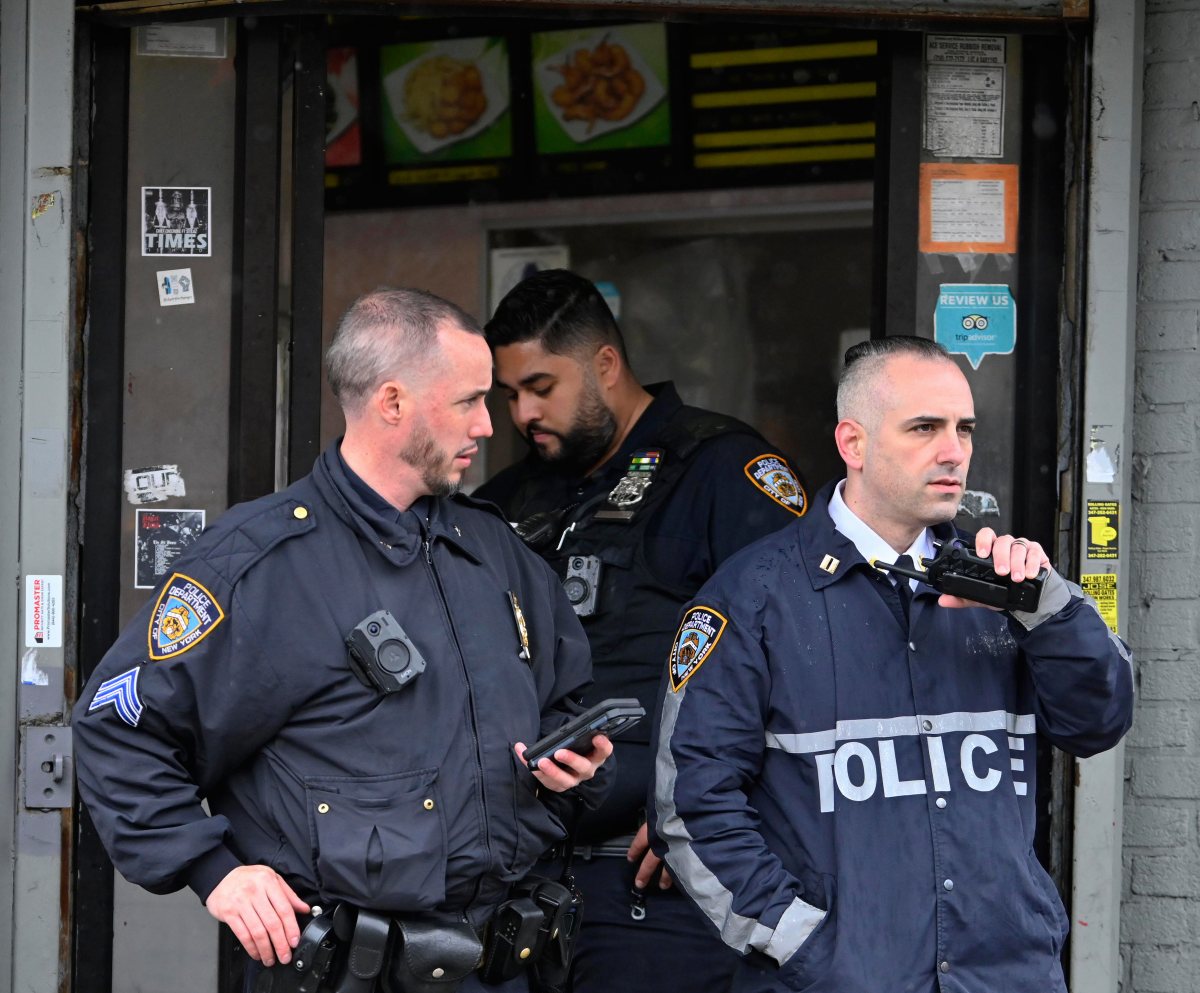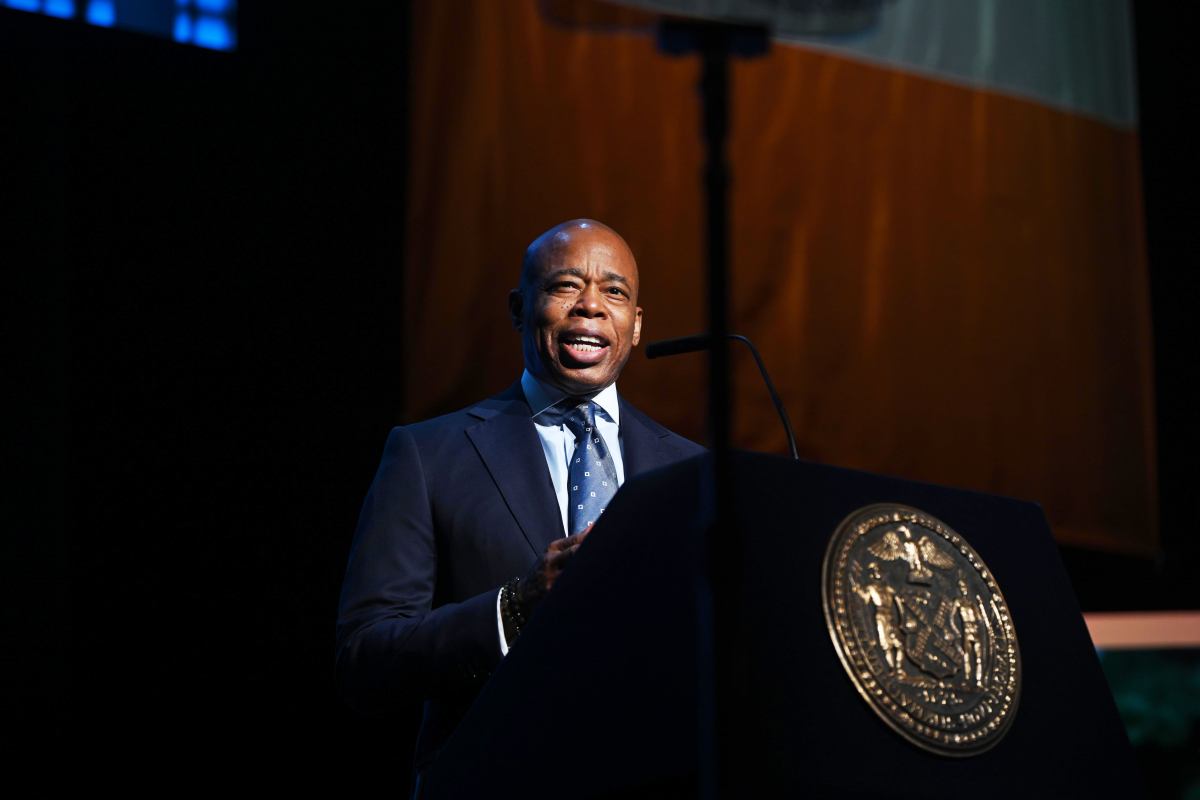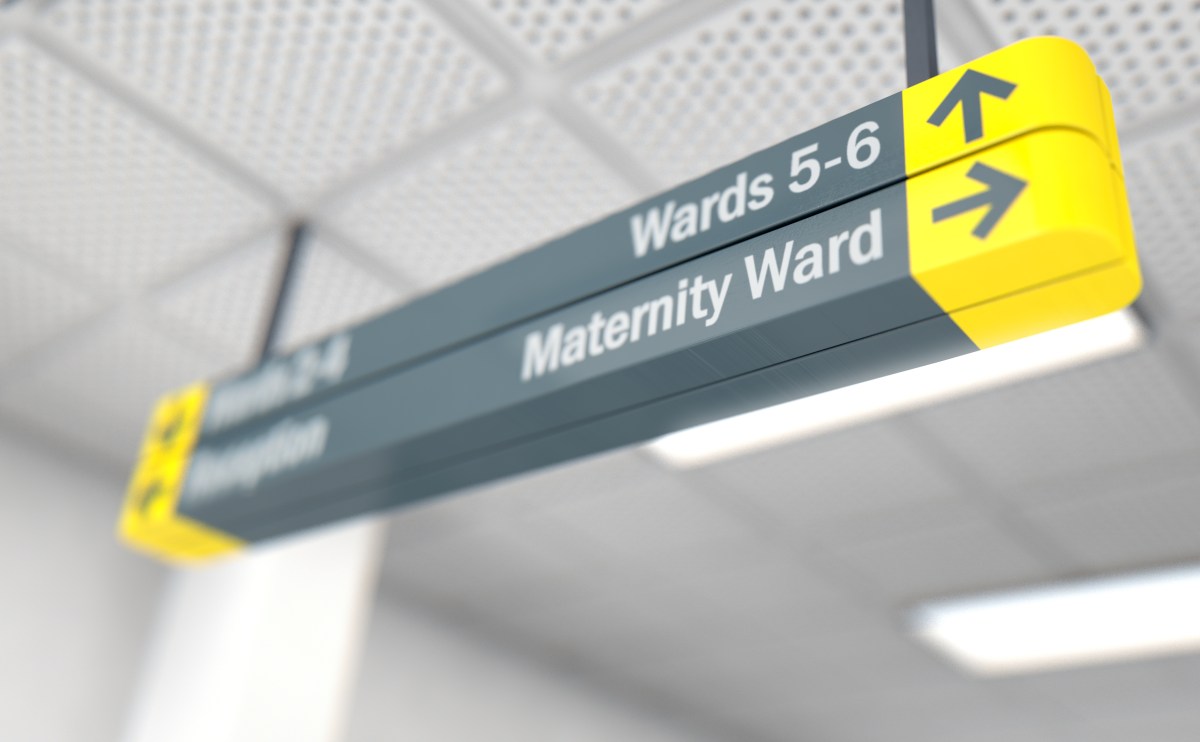JAKARTA (Reuters) – Indonesia is finalising emergency measures aimed at controlling Southeast Asia’s worst coronavirus epidemic, its president said on Wednesday, as the country reported record COVID-19 cases for the second day this week.
President Joko Widodo said authorities were mulling whether to tighten restrictions for one week or two weeks and urged the public to remain vigilant and focus less on the health of the economy.
“Today it will be finalised, because the spike is very high,” the president, better known as Jokowi, told a business event, referring to the emergency protocols.
“I ask that we all be careful and don’t let our guard down. Don’t just talk about the economy, while we don’t see the health aspect,” Jokowi said.
Indonesia reported 21,807 COVID-19 cases on Wednesday and 467 deaths, one of six days of record cases since June 21.
Movement curbs were tightened last week in so-called “red zone” areas where cases have jumped, but health experts said those were insufficient.
Social mobility and the presence of highly transmissible variants has been blamed for a surge that has pushed many hospitals to their limits.
Bed occupancy ratio was at 72% nationally, Jokowi said, although some local authorities have reported rates far higher, including Jakarta.
In a bid to halve the current daily cases to below 10,000, Indonesia is proposing tighter restrictions on movement and air travel, a ban on restaurant dining and closure of non-essential offices, according to a government document seen by Reuters.
The proposals, which were preliminary and have yet to be endorsed, were made by the coordinating ministry for maritime affairs and investment and would apply from July 3 to 20, on the islands of Bali and densely populated Java.
The document recommends critical sectors remain open but for malls to close and a work from home policy for non-essential workers.
It suggests reduced public transport capacity and requirements of vaccines or COVID-19 tests for domestic air travelers.
Jokowi also pledged to expedite vaccinations to one million doses per day in July and two million in August, up from what he said was about 200,000 to 300,000 a day at present.
“There is no bargaining”, Jokowi added.
Just 13 million people have received two vaccine shots in Indonesia. Of its more than 270 million people, 181.5 million are targeted for immunisation.
The president had previously resisted calls from health experts for a full lockdown and warned last week that curbs should be implemented that avoid “killing” the economy.
But Hasbullah Thabrany, chief of the Indonesian Health Economic Association, said more comprehensive measures were necessary and the economy would not suffer badly.
“No restrictions will kill the people’s economy. It just pauses economic activities to keep the virus at bay,” he said.
(Reporting by Tabita Diela, Agustinus Beo Da Costa and Stanley Widianto; Writing by Kate Lamb and Gayatri Suroyo; Editing by Ed Davies and Martin Petty)

